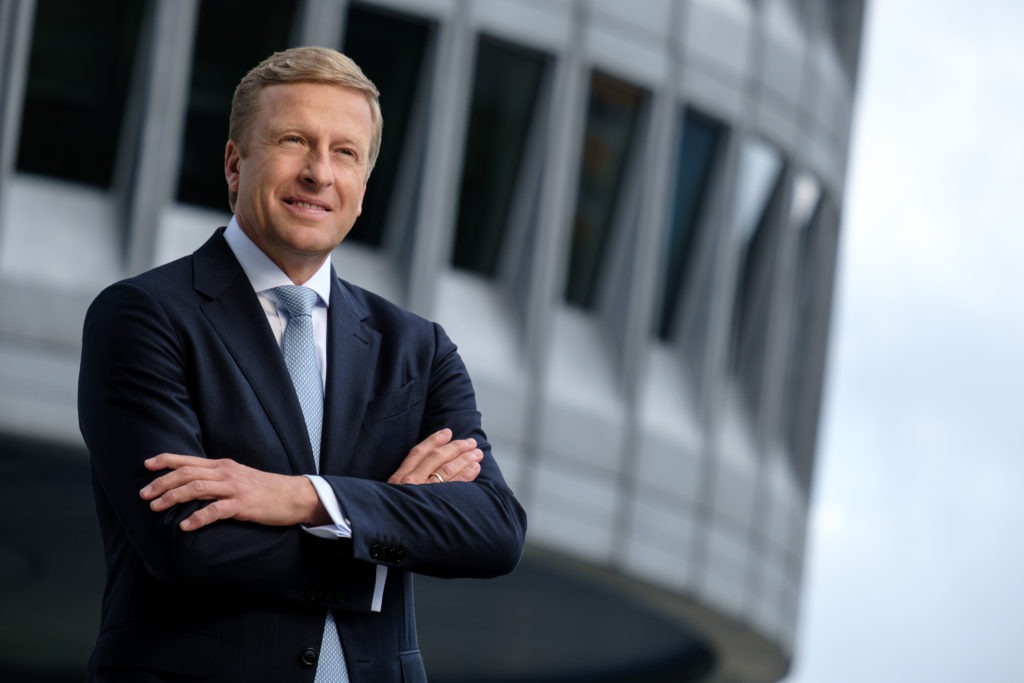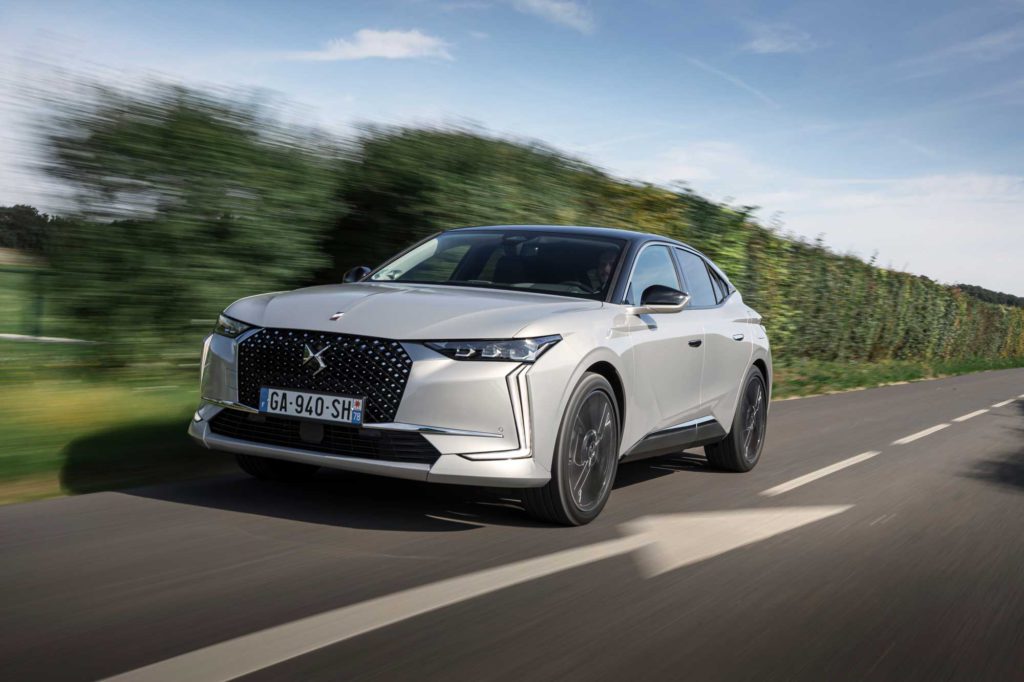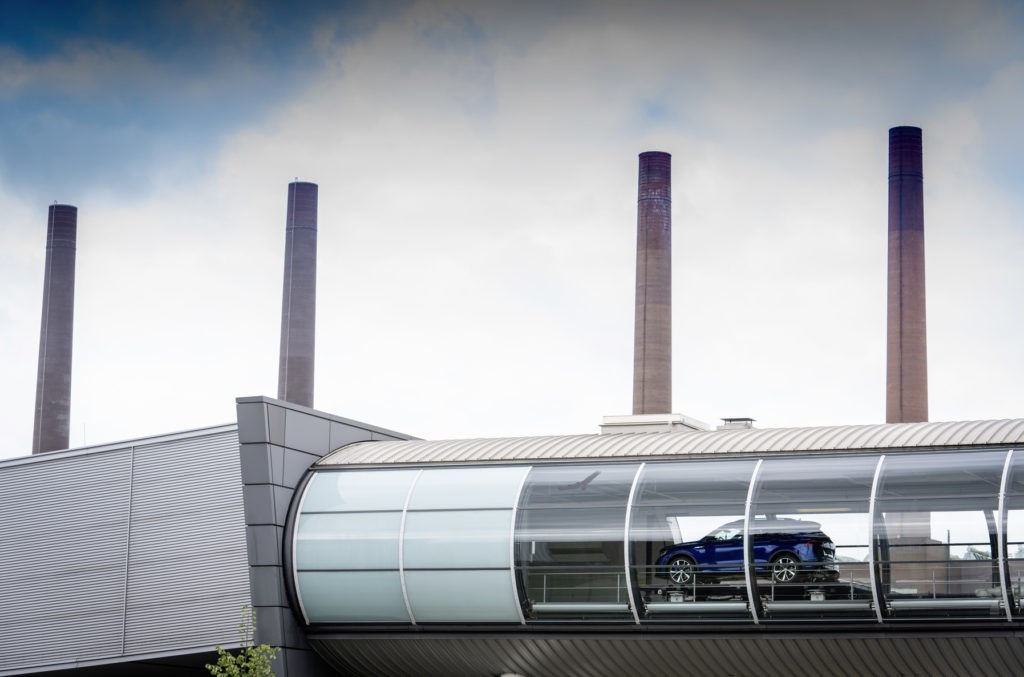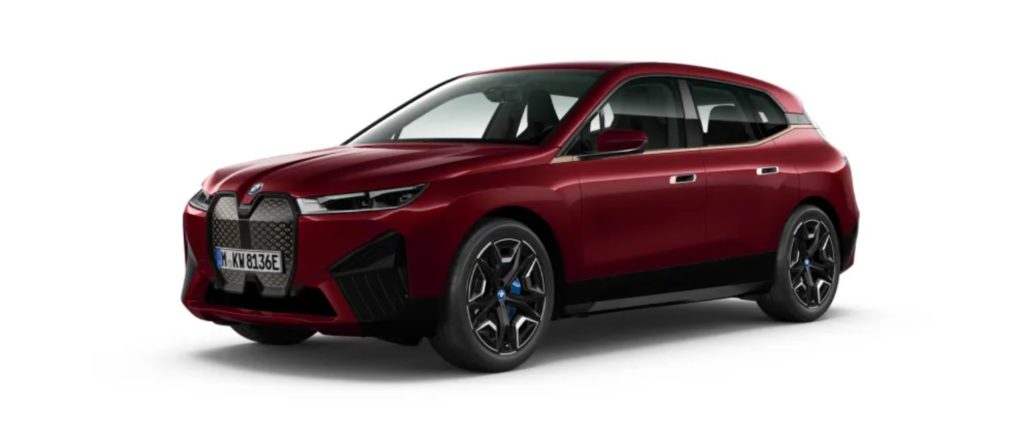BMW CEO continues as ACEA president, pushing for competitive industry
23 December 2021

BMW CEO Oliver Zipse will continue to head the European Automobile Manufacturers’ Association (ACEA) in 2022, having been re-elected for a second term. He will likely face a busy year as the EU is expected to take further steps relating to the regulation of emissions. This includes setting up the norms for the Euro 7 standards, which could come into force towards the end of the decade, possibly in 2027.
Transitioning to more climate-friendly cars is one of the biggest challenges the automotive industry is facing. This year, the European Commission made major announcements as part of its European Green Deal to meet climate targets. The debate around this will continue into 2022 as the EU looks to ratify regulations.
Shaping the future of the industry
‘The EU auto industry is a global technology leader that utilises its innovative capacity to deliver solutions to tackle climate change. We are convinced that sustainability and global competitiveness can go hand-in-hand – and even strengthen each other – if both are driven by technological innovation,’ said Zipse. ‘We are therefore looking forward to next year, when the EU will define fundamental legislation that will shape the future of our industry.’
The EU’s effective ban on sales of internal-combustion engine (ICE) vehicles by 2035 is yet to be voted on and is likely to spark further discussions in policy circles next year. Zipse has previously said a green Europe should not be driven by a culture of bans and restrictions. As the head of BMW, which has been slower to adapt to electrification when compared to other carmakers, Zipse’s remarks might not come as a surprise.
In 2022, legislative debates will also centre on establishing new CO2 standards for heavy-duty vehicles. Meanwhile, EU member states are gearing up electrification efforts, with an infrastructure proposal – the Alternative Fuels Infrastructure Regulation (AFIR) – creating clear targets for EU countries to develop a viable infrastructure for electrically-chargeable vehicles (EVs).
Bolstering infrastructure
‘As an industry, we have the right vehicle technology readily available. However, making sure that enough Europeans buy these vehicles over the coming years largely depends on how quickly and widely infrastructure is rolled out across the entire EU,’ said Zipse. ‘We call on the Council and the Parliament to ensure that the AFIR targets are ambitious and robust enough to enable future CO2 targets to be met in practice.’
ACEA keeps pointing to Europe’s insufficient charging infrastructure. Out of 225,000 public-chargers in the EU, only 25,000 are suitable for fast charging. This translates into one in nine European charging points having a capacity of more than 22Kw, with ACEA urging European policymakers to ensure an adequate infrastructure is in place across all member states by 2030. ACEA also found that 70% of EU charging stations are concentrated in only three countries: the Netherlands, France, and Germany. The organisation warned that this could lead to sharp divides when it comes to EV adoption.
Shortages to continue
The automotive industry will still be impacted by the semiconductor shortage, with Zipse warning the lack of microchips will continue well into 2022. The ACEA president argued that the gravity of the situation requires a coordinated response across the EU. ‘For the sake of our industry’s global competitiveness, Europe must strengthen its technological sovereignty to be able to provide essential components to the region’s core industries,’ he said.
The chip crunch, combined with the disruption caused by COVID-19, caused EU car production to drop sharply this year. In November, new-car registrations were down 20% year on year, marking the fifth consecutive month of decline, and turned negative in the year-to-date. ACEA expects next-year’s sales figures not to reach pre-pandemic levels. BMW is trying to alleviate the situation, having recently signed an agreement with Inova Semiconductors and GlobalFoundries to secure millions of chips going forward.


